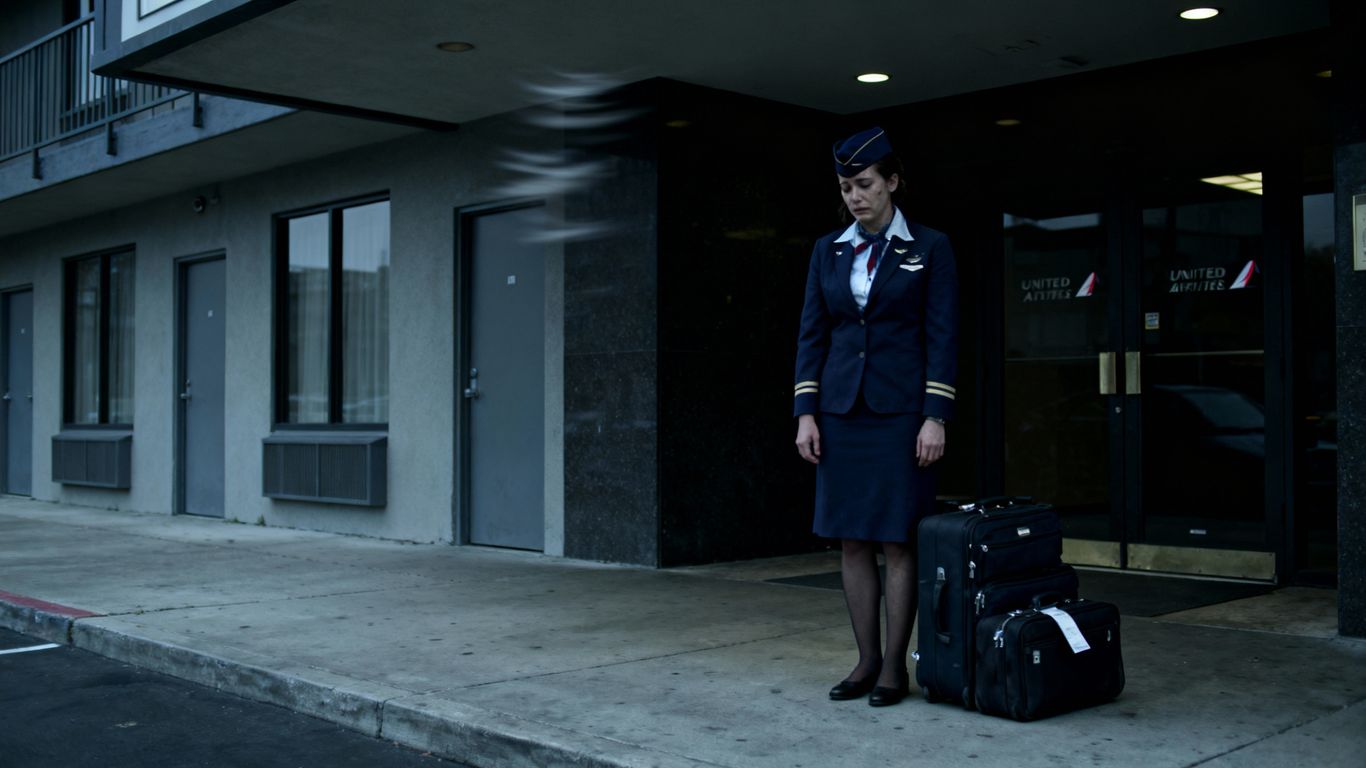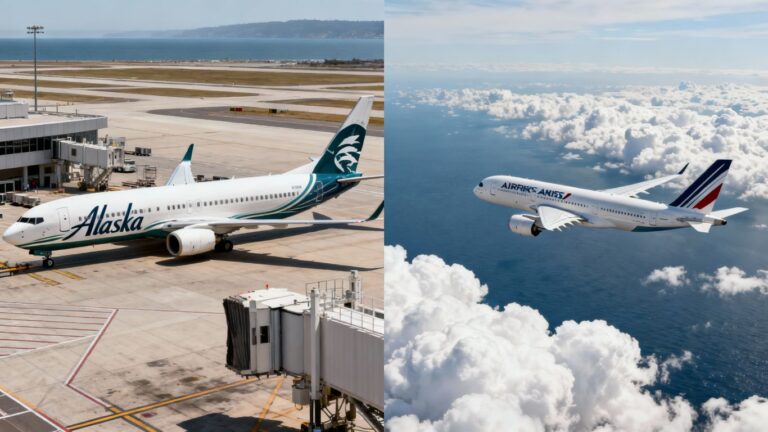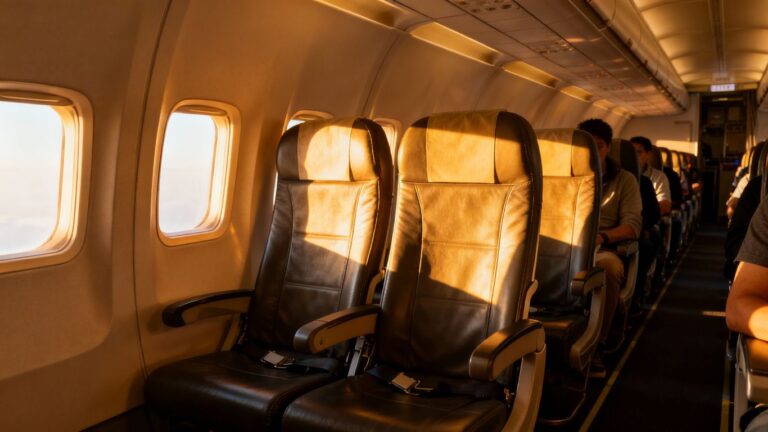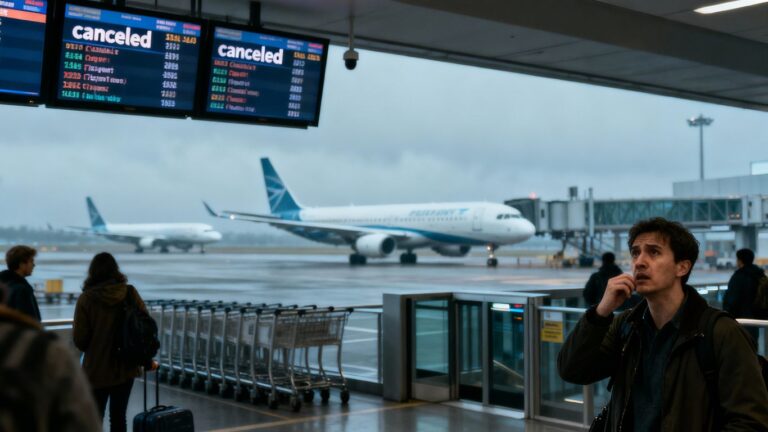
United Airlines flight attendants are encountering significant challenges in securing suitable layover accommodations, with an increasing number of hotels reportedly unwilling to host airline crews. This situation has prompted the flight attendants’ union to warn members about the difficulties, highlighting a growing rift between the hospitality industry and airline personnel.
Key Takeaways
- Hotels are increasingly reluctant to accommodate airline crews due to the specific demands and discounted rates associated with crew bookings.
- United Airlines is reportedly placing flight attendants in less desirable "downtown-like" locations, away from prime areas, as a cost-saving measure.
- The union is actively communicating these challenges to flight attendants and may leverage this issue in future contract negotiations.
Hotels’ Shifting Stance on Crew Business
Historically, hotels have sought out airline crew business for guaranteed occupancy. However, this dynamic appears to be changing. Hotels are finding that they can achieve better revenue by selling rooms to transient guests, even at discounted rates through online channels, rather than committing inventory to airlines. Flight attendants are considered "more complicated guests than the average tourist" because their union bargains for specific room placements, such as proximity to elevators or ice machines, and non-standard check-in/check-out times.
Contractual Changes and Layover Locations
A recent contract proposal that flight attendants rejected included a clause that downgraded the requirement for "business class hotels" to merely rooms in "tenantable condition." While the union argued this would allow for greater flexibility in selecting hotels, it has seemingly led to flight attendants being placed in less desirable locations. Examples include being sent to a town 24 miles from Central London, and being moved out of downtown hotels in cities like Amsterdam, Rome, and New York City.
Union’s Role and Future Negotiations
The union has acknowledged that the price has become a significant factor in hotel selection for the airline. As long as a hotel meets the minimum contractual obligations, the airline has limited scope to reject the choice. Given the importance of layover hotels to flight attendants, this issue is expected to be a key point in future contract negotiations. The union’s current messaging to its members suggests they are aware of the concerns and intend to address them with the airline.







